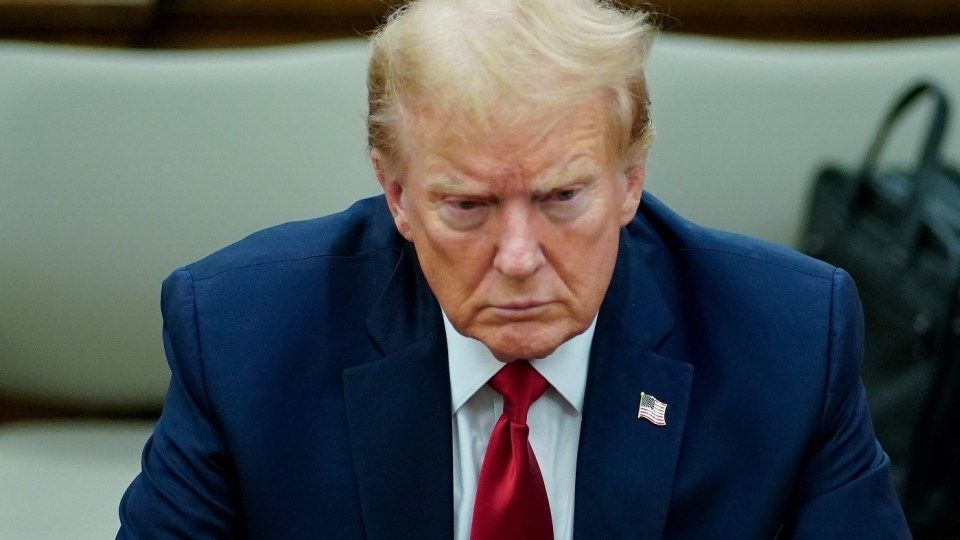
United States of America (USA) President-elect, Donald Trump, on Friday, was sentenced to an unconditional discharge after being found guilty on charges of falsifying business records stemming from Manhattan District Attorney Alvin Bragg’s years-long investigation.
Trump attended his sentencing virtually, after fighting to block the process all the way up to the US Supreme Court this week.
The 45th President sat beside his defence attorney Todd Blanche called the case and his sentencing a “Tremendous setback for the American court system.”
The President-elect said, “This is a great embarrassment to the state of New York.”
He also added that the people saw the trial firsthand, and voted “decisively” to elect him as president.
Judge Merchan did not sentence the president-elect to prison, and instead sentenced him to an unconditional discharge, meaning there is no punishment imposed–no jail time, fines or probation.
READ ALSO:
The sentence also preserves Trump’s ability to appeal the conviction.
“After careful analysis, this court determined only lawful sentence that permits entry of judgment of conviction is an unconditional discharge,” Merchan said Friday. “At this time, I impose that sentence to cover all 34 counts.”
The Judge added: “Sir, I wish you Godspeed as you assume your second term in office.”
Merchan, upon scheduling the sentencing last week, said that he was not likely to “impose any sentence of incarceration,” but rather a sentence of an “unconditional discharge,” which means there would be no punishment imposed.
Trump filed an appeal to block sentencing from moving forward with the New York State Court of Appeals. That court rejected his request.
Trump also filed an emergency motion with the U.S. Supreme Court, arguing that it “immediately order a stay of pending criminal proceedings in the Supreme Court of New York County, New York.”
The high court denied the request saying, “The application for stay presented to Justice Sotomayor and by her referred to the Court is denied for, inter alia, the following reasons.”
“First, the alleged evidentiary violations at President-Elect Trump’s state-court trial can be addressed in the ordinary course on appeal,” the order states,” the Supreme Court’s order, filed Thursday night, stated.
“Second, the burden that sentencing will impose on the President-Elect’s responsibilities is relatively insubstantial in light of the trial court’s stated intent to impose a sentence of unconditional discharge’ after a brief virtual hearing.”
The order also noted that “Justice Thomas, Justice Alito, Justice Gorsuch, and Justice Kavanaugh would grant the application.”
Trump needed five votes in order to have his request granted.
The note on the order suggests Chief Justice John Roberts and Justice Amy Coney Barrett voted with Justices Sonia Sotomayor, Elena Kagan, and Katanji Brown Jackson.
New Telegraph reports that Trump will be sworn in as the 47th president of the United States on Jan. 20.
Please follow and like us:


